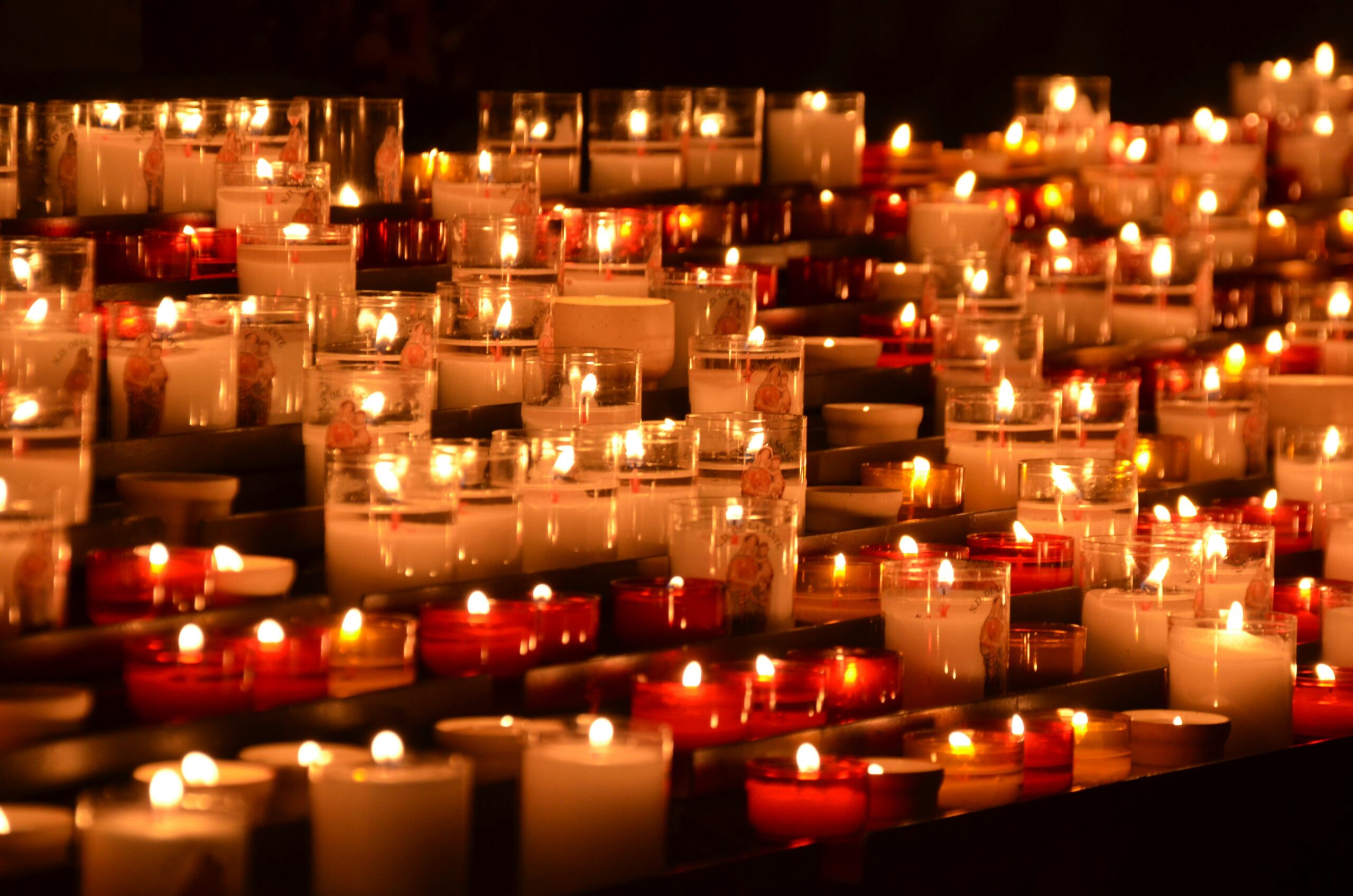By Xh. Cher Cha Yang
Exodus 13:3 (ESV)
Then Moses said to the people, “Remember this day in which you came out from Egypt, out of the house of slavery, for by a strong hand the Lord brought you out from this place.”
Memorial Day is more than just the unofficial start of summer or a chance to gather with friends for a barbecue. It is a sacred day of remembrance. In the United States, Memorial Day is a time to honor the men and women of the armed forces who gave their lives defending freedom. It’s a moment set aside to remember their sacrifice and to be shaped by that memory.
In Exodus 13:3, God calls His people to remember another type of liberation, one just as foundational, though in a different context. After centuries of slavery, God had delivered Israel from bondage in Egypt by His “strong hand.” Moses calls the people to pause and remember this day, not just to recall the facts, but to let the memory shape their identity, their worship, and their future.
As we reflect on Memorial Day through the lens of Exodus 13:3, we are invited to consider how remembering helps form us spiritually, how gratitude should mark our lives, and how sacrifice demands a faithful response.
Moses says, “Remember this day…,” not in a vague or sentimental way, but with deep awareness. The Israelites had been delivered from generations of cruel oppression. Their exodus from Egypt was not a lucky break; it was the result of divine intervention. God’s strong hand had rescued them, and that deliverance was costly. Plagues devastated Egypt. The firstborn in every household died. Israel walked out free, but the path was paved with sorrow, death, and sacrifice.
Memorial Day has a similar tone. The freedoms we enjoy in this country are not free. They were secured by the blood of soldiers who died in places we may never visit. From the beaches of Normandy to the hills of Korea, from the jungles of Vietnam to the deserts of the Middle East countless lives have been laid down so that others might live in peace.
Remembering is not passive. It is active reverence. It’s choosing not to forget the cost of liberty. It’s resisting the cultural pull to treat freedom casually. When we forget the cost, we risk devaluing the gift.
Israel’s memory of the Exodus was meant to stir gratitude and obedience. God didn’t just deliver them so they could live for themselves. He rescued them to be His people, to walk in His ways, and to trust Him.
Likewise, Memorial Day should spark gratitude not just emotional thankfulness, but a life marked by honor. The memory of fallen soldiers calls us to appreciate what we have: the freedom to worship, to speak, to gather, to live without fear. But it also calls us to live worthy of those sacrifices.
Even more deeply, for Christians, there is a parallel between the Exodus and the cross. Just as Israel was set free from Egypt, we have been delivered from sin and death. Jesus, the Lamb of God, shed His blood so we might be free. And that memory should compel unceasing gratitude. Every Sunday is, in a sense, a Memorial Day, a remembrance of the sacrifice that gave us eternal life.
Moses called Israel not only to remember but to live differently because of what they remembered. In the verses that follow Exodus 13:3, God establishes a rhythm of feasts, offerings, and practices to ensure that Israel would never forget. Memory shaped identity. They were not just survivors; they were the redeemed of the Lord.
What would it mean for us to let memory shape our identity?
On Memorial Day, we might remember a loved one who served. We might reflect on what it means to be a good citizen. But as believers, we are also called to remember daily the ultimate sacrifice of Christ. This memory should lead to humility, service, and mission.
We don’t remember merely to feel something. We remember to become something: people of gratitude, integrity, faithfulness, and love. Just as Israel’s remembrance led to the formation of a nation set apart for God, our remembrance of both national and spiritual sacrifice should shape us into people who live intentionally and honorably.
Exodus 13 goes on to emphasize the importance of telling the next generation:
“You shall tell your son on that day, ‘It is because of what the Lord did for me when I came out of Egypt.’” (v. 8)
Memory is meant to be passed on. It is not only personal; it is generational. If we do not teach our children the cost of freedom, they may grow up assuming it is automatic. If we do not share the gospel with them, they may assume it is merely tradition. As Christians and citizens, we are stewards of memory.
This Memorial Day, we are called to be storytellers of both national and spiritual deliverance. We are called to tell the stories of those who gave everything. And we are called to speak of Jesus, who gave His all.
Exodus 13:3 reminds us that remembering is holy. It is formative. It is necessary.
So, this Memorial Day:
- Remember the lives that were laid down for your freedom.
- Reflect on the mighty hand of God that has delivered you from sin.
- Renew your gratitude and commitment to live in a way that honors every sacrifice.
- Retell the story to your children, your neighbors, your friends.
Let us be people who remember well and who live even better.

